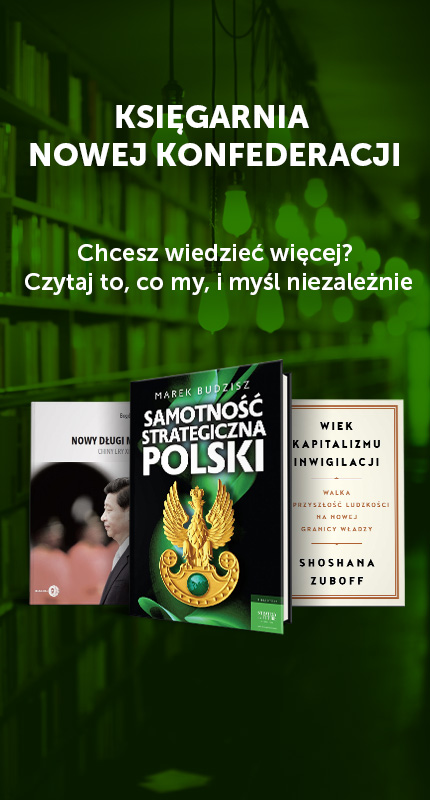
Nie masz czasu na zapoznanie się z całością artykułu?
Wystarczy, że klikniesz ikonę „oznacz artykuł do przeczytania później”. Wszystkie zapisane publikacje znajdziesz w profilu czytelnikaPoland and Germany in a changing world – Ochmann, Górka-Winter, Behrendt, Antosiewicz, Prien
The debate “Poland and Germany in a changing world” aims to present and discuss joint Polish-German reflection on issues related to the impact of the current not only geopolitical but also economic and social changes on Polish-German relations. Our guests talk about: an American influences on Polish-German politics, the disagreement over the policy pursued towards Russia, events on the Polish-Belarussian border and an areas with the greatest potential for cooperation development,
These issues were discussed with the attendance of:
- dr Beata Górka-Winter – University of Warsaw
- Cornelius Ochmann – Foundation for Polish-German Cooperation
- Paweł Behrendt – Nowa Konfederacja
- Jonas Prien – Deutsch-Russische Jugendinitiative
The debate was moderated by Marcin Antosiewicz – journalist, Vistula University.
The event was financed by the Foundation for Polish-German Cooperation.

Zobacz
The idea of “Solidarity” has been killed in Poland after 1989. Law and Justice fills this space only rhetorically
The tragedy of Poland is that it had to conform to the demands of the international Western community. It had to become aggressively capitalist and corporatist and it could not assert its independence. Jarema Piekutowski interviews Maurice Glasman
Khanna: Just because I'm a geopolitician by education, does not mean I'm an ideologue. Conectivity today is a battlefield for influence
Is Parag Khanna the second Fukuyama? Will we see a brutal race for the greatest possible connectedness? Or will conectivity bring peace, reduce the number of classic warfare? What will be the role of the West in this competition, and how much will the Belt and Road initiatives mean? Will nation-states fade away in favor of tribalism?
A Tale of Two Monsters and Four Elements: Variations of Carl Schmitt and the current global crisis
We have a class of scientific technocrats directing the work of a class of politicians without honour, who utterly subordinate everyone else. Only a spiritual revolution will save us now
India is, and will be a non-aligned power in the New Cold War
India is a non-aligned power; this move not only protects its own varied relations (as seen with India-Russia ties and even India-China bilateral) but also allows it to provide guidance and support to smaller economies in Asia and the Indo-Pacific
The Sino-Russian relationship should not be seen as an alliance of revisionist powers
Chinese do not feel comfortable with the seemingly endless “endism” produced by Western intellectual elites, be it Fukuyamanian “end of history” at the end of the Cold War, or the recent variant of the “end” of the so-called liberal international order (LIO)























